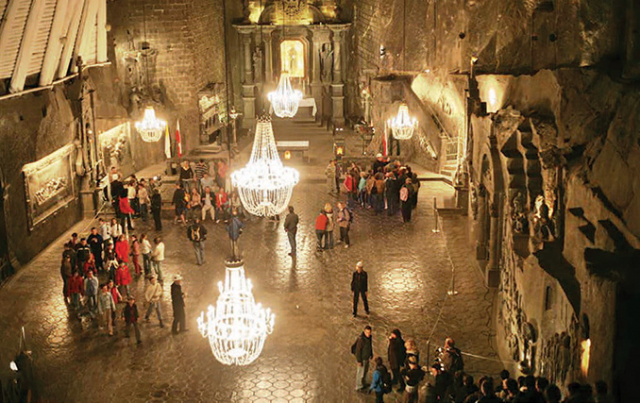History Abridged: Salt mines in Eastern Europe
Historian feature

History Abridged: This feature seeks to take a person, event or period and abridge, or focus on, an important event or detail that can get lost in the big picture.
See all History Abridged articles
Towards the end of the Bronze Age, the climate across Europe began to warm. This proved advantageous both for growing food and collecting it. However, it also meant that preserving food across the seasons became more important. Different people developed different ways of doing this – smoking, drying and salting became popular. For those living close to a coastline, using salt harvested from the sea became an important part of food preparation. But for others, salt had to be found elsewhere. Rock-salt was formed millions of years ago when some of the Earth’s seas dried up where land was formed. Salt deposits that were on the bottom of oceans were pushed underground, and later often pushed up again as mountains were formed...
This resource is FREE for Historian HA Members.
Non HA Members can get instant access for £2.49

